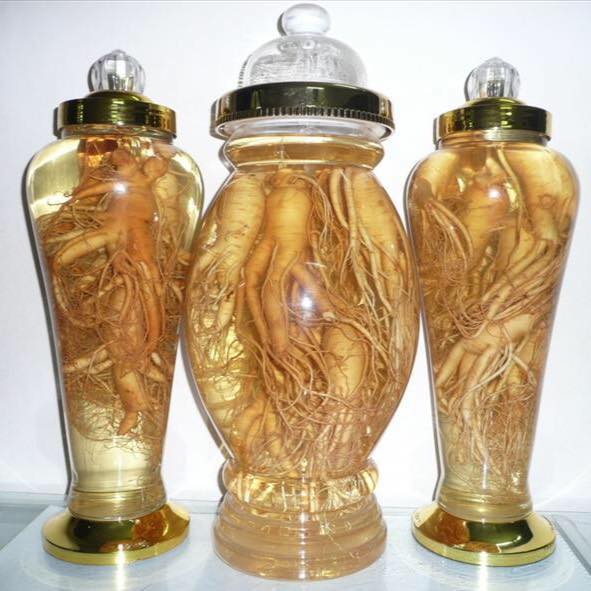When it comes to hooch and the like I am considered as bit of an expert. Yet when it comes to Cambodian moonshine I am yet to have gad a chance to try it.
But, would I actually try it? Well seeing as I have tried hooch in Sudan, Socotra, Iran, as well as belong the “firewater man” in Papua New Guinea you would think it was a no brainer.
Alas, when it comes to no brain this might be the actual line. You see with Cambodian moonshine, or rather homemade rice wine the stuff is “killer” in that people die, like a lot and every year.
Table of Contents
What the rice wine?
Rice liquor, or bai jiu, is a potent spirit made from fermented rice, deeply rooted in East and Southeast Asian culture. In China, bai jiu is the king of spirits, a fiery and often harsh liquor enjoyed in celebrations and social gatherings. It can pack a serious punch, with alcohol content sometimes hitting 60%+
In fact back in the day we uses to call it magical fun juice as it would truly set you up for an evening. In reality though it is fairly disgusting.



To read about drinking Bai Jiu on the Trans-Siberian Railway click here.
Meanwhile, in Vietnam and Cambodia, rice liquor takes on a more rustic form. In Vietnam, it’s often referred to as ruou and commonly found in rural areas, where it’s brewed in homes or villages. In Cambodia, they have sra sor, a clear rice liquor that’s often homemade and consumed with meals or during special occasions. These liquors are usually smoother than bai jiu, but still strong enough to warm your chest. Wherever you are, rice liquor represents more than just a drink—it’s tradition in a bottle.
What is Cambodian Moonshine?
Cambodian rice wine, or sra sor, is a staple in rural Cambodia, where it’s brewed in homes and villages using traditional methods passed down through generations. The process starts with soaking rice, which is then steamed and fermented with yeast for several days. Afterward, it’s distilled, resulting in a potent, clear spirit that can reach alcohol levels of 40% or more. The flavor can be harsh, but many locals swear by it.
The history of rice wine in Cambodia dates back centuries, with villagers making it for celebrations, rituals, and everyday drinking. While commercial rice wines are available, it’s the illegal, homemade brews that are most sought after in rural areas. These local concoctions are cheaper and often stronger than store-bought varieties. Farmers, laborers, and even tuk-tuk drivers are frequent consumers, using it as an escape after a long day’s work.
However, there’s a darker side to Cambodia’s illicit rice wine trade. Since it’s unregulated, some batches can be contaminated with methanol, causing illness or worse. Still, despite the risks, sra sor remains deeply embedded in Cambodian culture, a symbol of both hospitality and hard times. For those living in the countryside, it’s as much a part of daily life as rice itself.
And this is a whole other crazy story when it comes to Cambodian moonshine….


How many people die every year from Cambodian Moonshine?
n some cases, entire villages have been affected. In 2020 alone, a tragic incident in Kampot Province saw several deaths after locals consumed tainted rice wine. Health authorities are constantly warning about the dangers, but the allure of cheap and potent alcohol keeps drawing people in. Despite crackdowns, the production of illegal rice wine continues, with many turning to it as an affordable escape from daily struggles.
And seemingly it is much less managed than Paiawara in PNG as quite literally hundreds of people die yearly from this. And despite these stories often making the news it does not seemingly put people off?
You can check one such story here.
How to try Cambodian moonshine and should you?
So, while many people do indeed die each year, in actuality from the amount that is created most is “good”. Therefore I would treat it much as I do steam in Papua New Guinea.
Only buy Cambodian rice wine, or take it from people with a long standing reputation of doing it right. Do not on the other hand go into Bong’s liquor stash that he has drunkenly made for the upcoming wedding. This alas is how you go blind, or go dead.

